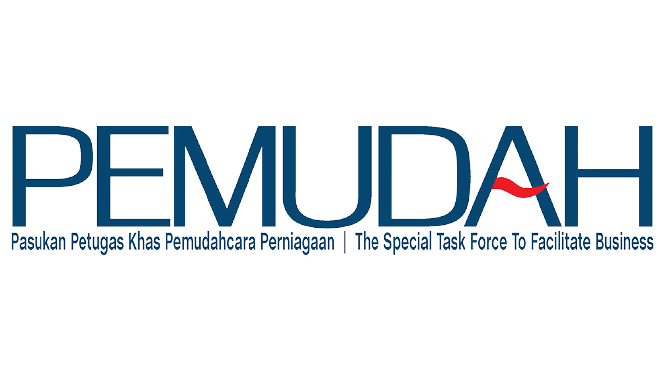
Technical Working Group on Dispute Resolution (TWGDR)
About
Dispute resolution is a critical aspect of any legal and economic system, providing mechanisms to resolve conflicts and uphold contracts efficiently and fairly. Efficient dispute resolution systems are foundational to private sector growth, as they foster entrepreneurial activity, enhance investor confidence, and facilitate access to finance. Effective judiciaries can strengthen competition and promote innovation by ensuring that legal processes are clear, predictable, and enforceable. Conversely, a lack of trust in the dispute resolution system can severely undermine private sector development. When businesses lack confidence in the courts' ability to resolve disputes efficiently, they are less likely to invest, expand, or engage in long-term planning. This hesitancy can lead to inefficient resource distribution, technological stagnation, and economic instability.
The Dispute Resolution framework, as outlined in the B-Ready, emphasizes the importance of a structured and reliable dispute resolution process. The framework is organized into three key pillars: the regulatory framework for dispute resolution, public services for dispute resolution, and the ease of resolving a commercial dispute in practice. Each pillar encompasses several components designed to measure and enhance the effectiveness, efficiency, and reliability of dispute resolution mechanisms.

Improvement Projects
-
Shifting rising of food costs to the technology
The fluctuation in the prices of food is a market norm. The rise in food prices was induced by the rise in prices of inputs such as petrol & diesal, fertilisers, chemicals, land, labour and machinery. Although the government protects the prices of petrol and diesel, the price of fertilisers had risen by 70 per cent within the last two years and wages had also gone up.
Benchmark from the neighborhood countries such as Taiwan, Korea and Thailand, the most possible solution to tackle the rising of food cost was technology. Technology can help in terms of cost effectiveness, productivity, and high added value.
-
Making Industry Accountable for Productivity
The economic sectors mainly comprise a high number of small players.
Therefore, the market is highly fragmented, and individual enterprises lack economies of scale to deliver high value-added products and services.
The government provide incentives to enterprises to upgrade themselves, but these incentives do not necessarily function as levers to boost productivity
Co Chair of TWG Food Cost
-

Prof.Emerita Tan Sri Dato’ Seri Dr. Sharifah Hapsah Syed Hasan Shahabudin
Chairman of National Council of Women's Organisations Malaysia (NCWO)
-

Mr. Azman Mohd Yusof
Secretary General
Ministry of Domestic Trade and Cost of Living
Members of TWG Food Cost
-

Professor Datuk Dr. Mad Nasir Samsudin
Fellow at Department of Agribusiness & Bioresource Economics, Faculty of Agriculture, Universiti Putra Malaysia (UPM)
-

Datuk Jeffrey Ng
Federation of Livestock Farmers Associations of Malaysia
-
Professor Dr Zalilah Mohd Sharif
Dean , School of Graduate Business, Universiti Putra Malaysia (UPM)
-

Dr. Sarena Che Omar
Deputy Director of Research,
Khazanah Research Institute (KRI)
-

Mrs. Marianis Md Din
Senior Assistant Secretary
Ministry of Agriculture and Food Security (MAFS)
-

Mrs. Khairul Zarina Mohd Yusop
Science Officer
Ministry of Health (MOH)
-

Mrs. Fuziah Md Amin
Director Agriculture and Environment Statistic Division
Department of Statistic Malaysia (DOSM)
-

Mr. Atan Sapian
Head Secretariate of National Action Council on Cost of Living (NACCOL), KPDNHEP
-

Dr. M Hisham Fariz
Veterinary Officer
Department of Veterinary Services
-

Mr. Abd Razak Aya
Head of Integrated Farming of FGV Holdings Berhad.

